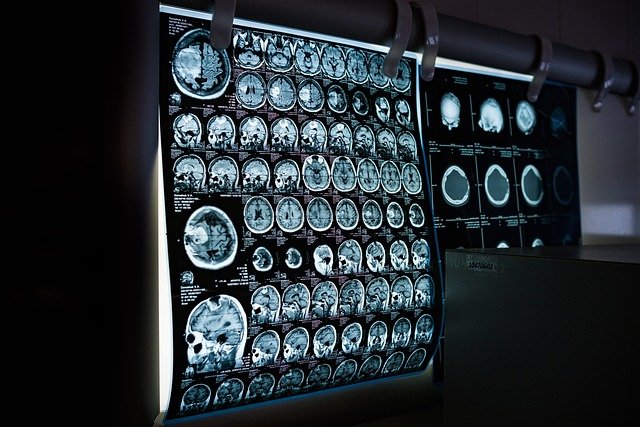Career Paths and Requirements for Dietitian Jobs
Becoming a dietitian means combining science, communication, and practical problem-solving to help people manage food choices and health. Dietitian jobs span clinical settings, community programs, research, industry, and private practice. Understanding the typical education, credentialing steps, and the role of online learning can help you plan a realistic career pathway in nutrition.

This article is for informational purposes only and should not be considered medical advice. Please consult a qualified healthcare professional for personalized guidance and treatment.
What does a dietitian do?
Dietitians assess nutritional needs, develop meal plans, and provide guidance to individuals and groups to support health goals, disease management, and preventive care. In clinical settings they work with patients who have diabetes, kidney disease, or other conditions that require tailored nutrition plans. In community or public health roles they design programs that address population-level nutrition concerns.
Many dietitians also work in food service management, corporate wellness, research, or media and communications. Strong communication skills and the ability to translate scientific evidence into practical advice are central to most dietitian jobs.
How does nutrition education shape practice?
Nutrition education provides the scientific foundation dietitians rely on: biochemistry, physiology, food science, and medical nutrition therapy. Continuing education keeps practitioners current on evolving guidelines, research findings, and counseling techniques. Employers and clients expect evidence-based recommendations that reflect accepted standards in nutrition science.
Education also trains dietitians in behavior change strategies and cultural competence so they can tailor advice to diverse populations. For many roles, hands-on supervised practice is as important as classroom learning because it develops clinical reasoning and client interaction skills.
What formal education is required?
Most countries require a bachelor’s degree in dietetics, nutrition, or a related field as the minimum for entry-level dietitian jobs. Increasingly, some regions or employers expect a master’s degree or completion of an accredited supervised practice program. After academic training, many jurisdictions require a registration exam or licensure to use the title “registered dietitian” or equivalent credential.
Practical supervised experience — internships, clinical rotations, or supervised practice programs — is typically mandatory for credentialing. Applicants should check specific local requirements for education hours, accredited program lists, and licensure exams to ensure eligibility for practice in their area.
Can online learning support dietitian training?
Online learning can be a flexible option for coursework in nutrition, theory, and some continuing education credit. Accredited universities and professional organizations often offer hybrid programs that combine online lectures with in-person labs or supervised clinical placements. For theoretical subjects such as nutrition science or public health, online formats can be effective when paired with hands-on practice.
However, fully online programs without supervised practice components may not meet credentialing requirements. Prospective students should verify that any online program is accredited and includes the required supervised practice or provides clear pathways to meet local registration and licensure standards.
What career options exist for dietitians?
Dietitian jobs cover diverse settings: hospitals and clinics, community health centers, schools and universities, long-term care facilities, public health agencies, food industry roles (product development, labeling, quality assurance), private practice, research, and media. Within each setting, roles vary from direct patient care and program coordination to policy development and corporate nutrition consulting.
Advancement can come through specialization (e.g., pediatric nutrition, oncology, sports nutrition), obtaining advanced degrees, or earning certifications in specialized areas. Many dietitians balance clinical duties with teaching, research, or administrative responsibilities as their careers develop.
Conclusion
A career as a dietitian blends scientific training, practical experience, and communication skills to improve health through nutrition. Understanding the education and credentialing steps, the role of online learning, and the variety of job settings helps aspiring professionals plan their path. Prospective dietitians should confirm local education and licensure requirements and consider supervised practice opportunities when selecting programs.




